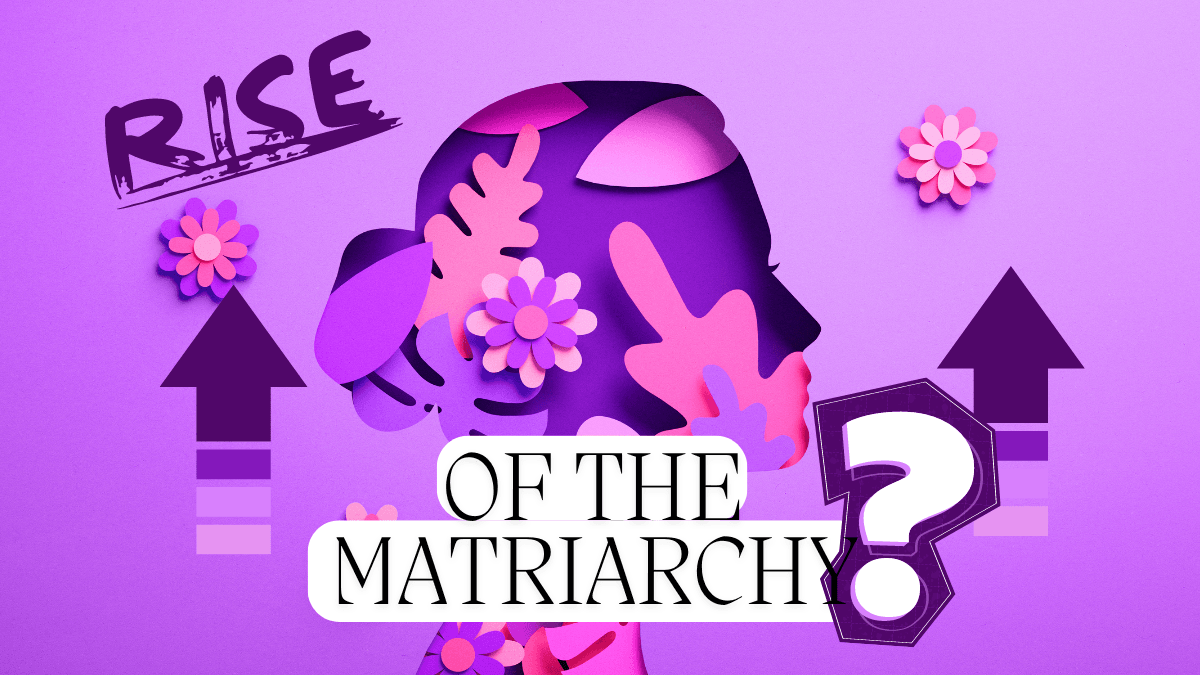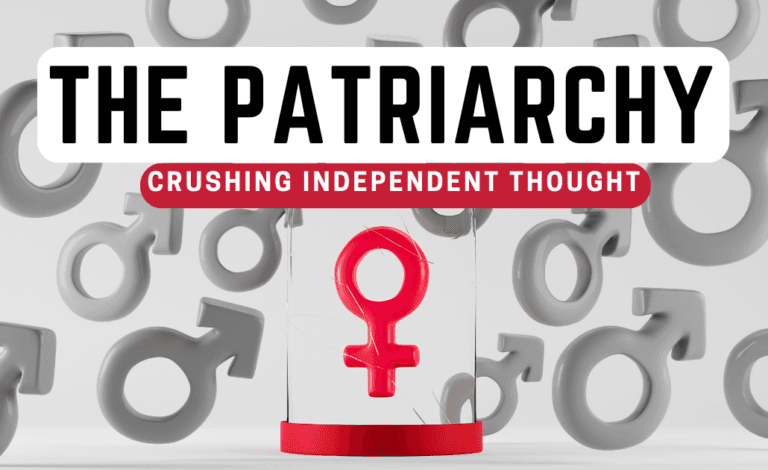The Potential Rise of the Matriarchy: 5 Implications for Society and the Global Economy
As we move further into the 21st century, societal norms and power structures continue to evolve. Among the most intriguing discussions is the potential rise of the matriarchy—a societal shift where women hold dominant roles in political, economic, and social spheres.
This article explores what this potential shift could mean for society, examining the latest trends in feminism, the influence of the 4B movement, and the growing awareness of toxic masculinity. We will also look at the possible macroeconomic impacts and outline steps that could accelerate this transformation.
The Evolution of Feminism
Feminism has come a long way since its early days, with each wave bringing new perspectives and demands for equality. The latest trends in feminism are more inclusive and intersectional, recognizing the diverse experiences of women across different races, sexual orientations, and socioeconomic backgrounds.
Movements like #MeToo have spotlighted issues of sexual harassment and gender-based violence, challenging long-standing power dynamics and advocating for systemic change.
The 4B Movement: A Radical Approach to Gender Equality
Originating in South Korea, the 4B movement—standing for “no marriage, no dating, no sex, and no childbirth”—rejects traditional gender roles and emphasizes women’s autonomy and independence. By prioritizing personal fulfillment over societal expectations, the 4B movement has resonated with women worldwide, including in the United States. It challenges the patriarchal norms that have long dictated women’s lives and offers a new paradigm for achieving gender equality.
4B Movement Key Elements
| Element | Description |
|---|---|
| Bihon (No Marriage) | Rejecting societal pressures to marry and emphasizing personal independence and autonomy. |
| Biyeonae (No Dating) | Avoiding romantic relationships to focus on personal growth and self-fulfillment. |
| Bisekseu (No Sex) | Choosing celibacy to prioritize emotional well-being and challenge traditional norms of sexual relationships. |
| Bihaengnyun (No Childbirth) | Opting out of having children to maintain personal freedom and challenge expectations of motherhood. |
Toxic Masculinity: A Household Term
The term “toxic masculinity” has entered mainstream discourse, highlighting the harmful behaviors and attitudes associated with traditional notions of manhood. These include aggression, emotional repression, and entitlement. By recognizing and challenging these toxic traits, society can move towards healthier expressions of masculinity that support gender equality and respect.
The Potential Rise of the Matriarchy
Political Representation and Leadership: One of the most visible indicators of a shift towards a matriarchy would be increased political representation for women. Countries like New Zealand and Finland, led by women, have demonstrated effective leadership, particularly during crises like the COVID-19 pandemic. Greater representation in government and corporate leadership roles could lead to policies that prioritize social welfare, gender equality, and environmental sustainability.
Economic Empowerment: Women’s economic empowerment is crucial for a matriarchal shift. This includes closing the gender pay gap, increasing access to education and career opportunities, and supporting women entrepreneurs. As women gain financial independence, they can challenge traditional power structures and drive economic growth. Studies have shown that when women control household finances, they tend to invest more in health, education, and community development.
Social and Cultural Change: Shifting societal attitudes towards gender roles is fundamental. This involves challenging stereotypes, promoting gender-neutral upbringing, and encouraging men to participate in caregiving and domestic responsibilities. Education systems that emphasize gender equality from an early age can foster a more inclusive and equitable society.
Technological and Scientific Advancements: Women have historically been underrepresented in STEM fields. Encouraging more women to pursue careers in science, technology, engineering, and mathematics can lead to innovations that reflect diverse perspectives and needs. Programs that support women in tech and research can help break down barriers and contribute to a more balanced and forward-thinking society.
Global Movements and Solidarity: International cooperation and solidarity among women’s movements can amplify their impact. Organizations like UN Women and grassroots movements around the world play a critical role in advocating for women’s rights and sharing successful strategies for achieving gender equality. Global networks can support local initiatives and foster a collective push towards a matriarchal society.
Macroeconomic Implications
Inclusive Economic Growth: A matriarchal shift could lead to more inclusive economic policies that address income inequality and provide social safety nets. Women-led economies might prioritize investments in healthcare, education, and child care, which can boost human capital and productivity.
Sustainable Development: Women’s leadership often emphasizes sustainability and long-term planning. This could result in greater investments in renewable energy, conservation efforts, and policies that address climate change. Sustainable development can create a stable economic environment that benefits all members of society.
Workplace Transformation: A matriarchal shift could transform workplace cultures to be more flexible and supportive of work-life balance. Policies like paid parental leave, flexible working hours, and equal pay would become standard, creating a more motivated and productive workforce.
Global Economic Stability: Research has shown that gender diversity in leadership can enhance decision-making and risk management. A rise in female leaders could contribute to more stable and resilient economies, reducing the likelihood of financial crises and promoting long-term economic health.
Steps to Accelerate the Shift
Advocacy and Policy Change: Advocacy for gender equality must continue at all levels. This includes pushing for policies that support women’s rights, such as anti-discrimination laws, equal pay legislation, and parental leave policies.
Education and Awareness: Raising awareness about gender issues and promoting education on gender equality can challenge existing stereotypes and encourage more equitable behaviors. Schools, media, and public campaigns play a crucial role in this effort.
Support for Women Leaders: Mentorship and sponsorship programs can help women advance in their careers and take on leadership roles. Creating networks of support and providing resources for women in politics and business can accelerate their rise to power.
Male Allyship: Encouraging men to support gender equality and challenge toxic masculinity is essential. Men can play a significant role by advocating for women’s rights, sharing domestic responsibilities, and promoting respectful and equitable behaviors.
Research and Data Collection: Collecting and analyzing data on gender disparities can inform policies and programs aimed at closing the gender gap. Research can highlight successful strategies and identify areas needing improvement.
The potential rise of the matriarchy represents a profound shift in societal and economic structures. By embracing feminist principles, challenging toxic masculinity, and supporting movements like the 4B movement, we can move towards a more equitable and inclusive world.
The implications for society and the global economy are significant, promising more sustainable and balanced growth. As we continue to advocate for change, we must remain committed to creating a future where gender equality is the norm, and all individuals have the opportunity to thrive.
- How do you envision the rise of the matriarchy impacting traditional gender roles and societal expectations in your community?
- What steps can individuals and organizations take to support the transition towards a more gender-equal and inclusive society?







